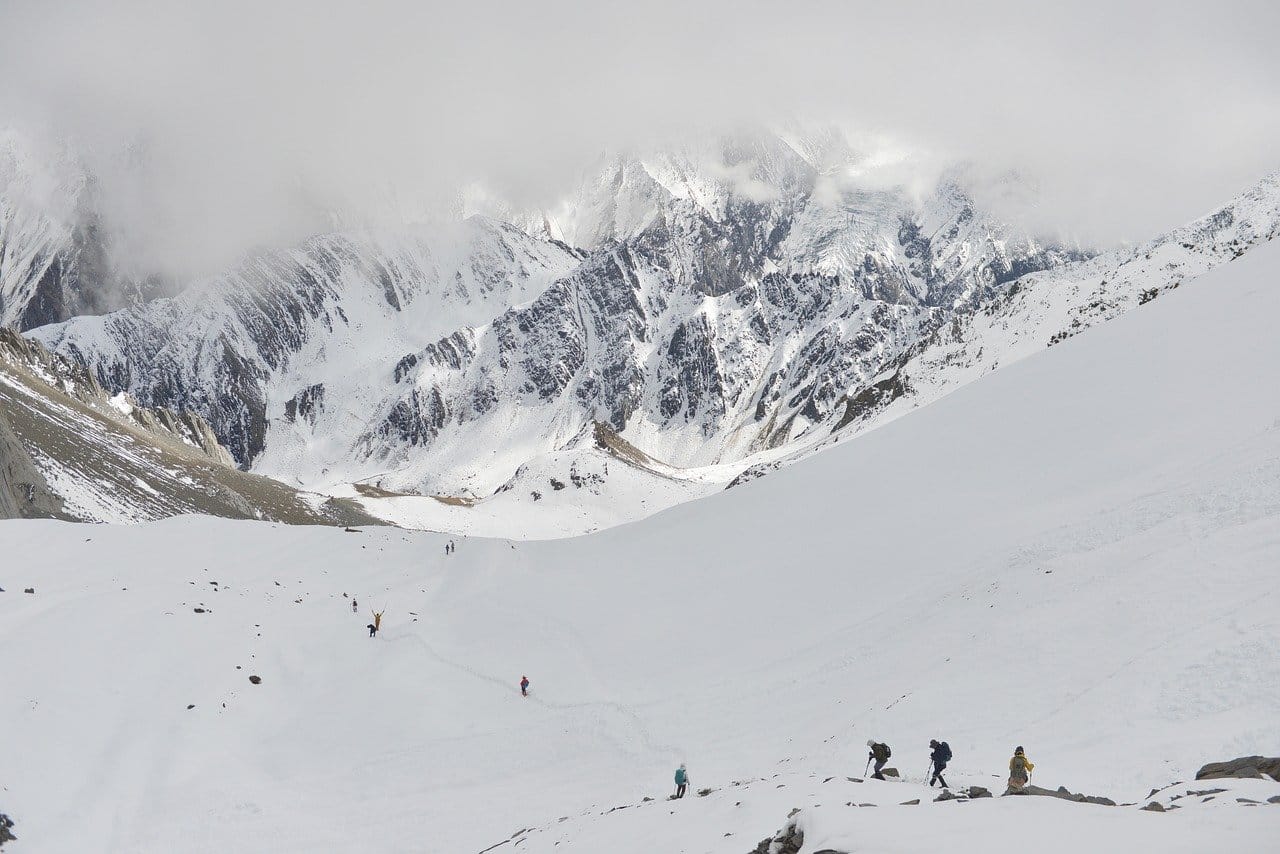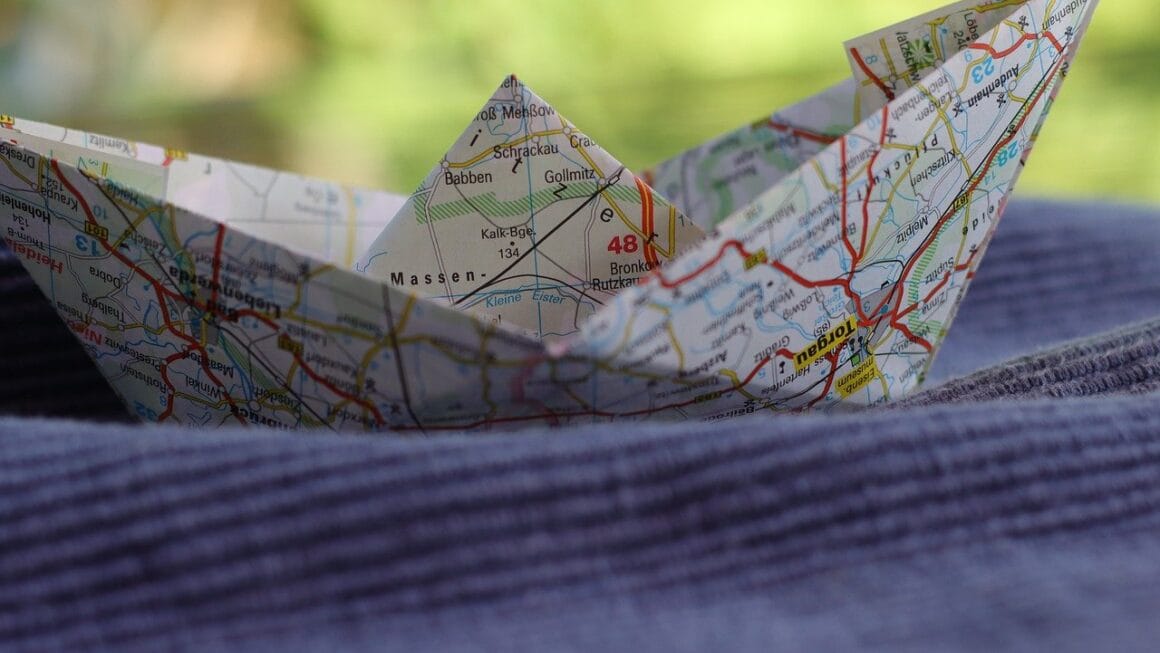Imagine standing on the edge of the known, gazing at a horizon that whispers possibilities. Exploration travel isn’t just about ticking destinations off a list; it’s about delving into the unknown, pushing personal boundaries, and returning with a richer understanding of our planet and ourselves. It’s a journey of discovery, both outward and inward. This blog post will unpack the multifaceted world of exploration travel, providing insights, tips, and inspiration for your next adventure.
What is Exploration Travel?
Exploration travel goes beyond typical tourism. It’s a type of travel focused on experiencing new cultures, environments, and adventures, often in remote or challenging locations. It’s about engaging with the world in a more profound and meaningful way.
Defining Exploration
- Purposeful Travel: Exploration travel is driven by a desire to learn, discover, and understand, not just to relax and unwind.
- Challenge and Adventure: It often involves overcoming physical or mental challenges, pushing you outside your comfort zone.
- Cultural Immersion: Genuine interaction with local communities and a deep respect for their customs are key elements.
- Environmental Awareness: Exploration travel emphasizes responsible tourism and a commitment to preserving the natural world.
Examples of Exploration Travel
- Trekking in the Himalayas: Challenging yourself physically and mentally while experiencing the stunning landscapes and rich cultures of the region.
- Volunteering on a Conservation Project in the Amazon: Contributing to vital conservation efforts while immersing yourself in the rainforest environment.
- Sailing Around the World: A long-term adventure requiring resilience, adaptability, and a deep understanding of navigation and seamanship.
- Exploring Remote Islands in the Pacific: Discovering unique ecosystems and cultures largely untouched by modern society.
Benefits of Exploration Travel
Exploration travel offers a wealth of benefits that extend far beyond the typical vacation experience.
Personal Growth
- Increased Confidence: Overcoming challenges in unfamiliar environments builds self-assurance.
- Improved Problem-Solving Skills: Adapting to unexpected situations enhances your ability to think on your feet.
- Enhanced Resilience: Navigating difficulties and setbacks fosters mental toughness.
- Greater Self-Awareness: Stepping outside your comfort zone allows you to discover hidden strengths and weaknesses.
Cultural Understanding
- Deeper Empathy: Interacting with people from different cultures broadens your perspective and fosters understanding.
- Global Awareness: Learning about diverse customs, traditions, and ways of life promotes a more global worldview.
- Language Acquisition: Immersing yourself in a new language environment accelerates the learning process.
- Breaking Down Stereotypes: Direct interaction with people challenges preconceived notions and promotes open-mindedness.
Environmental Awareness
- First-Hand Experience of Environmental Issues: Witnessing the impact of climate change and pollution firsthand motivates action.
- Understanding of Ecosystems: Learning about the interconnectedness of nature fosters a deeper appreciation for the environment.
- Support for Conservation Efforts: Contributing to local conservation projects directly supports environmental protection.
- Promoting Sustainable Practices: Adopting responsible travel habits minimizes your impact on the environment.
Planning Your Exploration Trip
Careful planning is essential for a successful and rewarding exploration trip.
Defining Your Objectives
- What do you want to achieve? Are you seeking adventure, cultural immersion, or personal growth?
- What are your interests? Focus on activities and destinations that align with your passions.
- What is your budget? Exploration travel can range from budget-friendly to luxurious, so set a realistic budget.
- How much time do you have? Plan your trip accordingly, taking into account travel time and the duration of activities.
Choosing a Destination
- Research potential destinations: Consider factors such as climate, safety, accessibility, and cultural attractions.
- Read travel blogs and reviews: Gain insights from other travelers’ experiences.
- Consult with travel experts: Seek advice from experienced travel agents or tour operators specializing in exploration travel.
- Consider remote or less-traveled locations: These often offer more authentic and unique experiences. For example, instead of the typical European tour, consider exploring the Balkan countries.
Preparing Logistically
- Book flights and accommodation: Secure your travel arrangements well in advance, especially during peak season.
- Obtain necessary visas and vaccinations: Ensure you meet all entry requirements for your chosen destination.
- Pack appropriately: Pack light but be prepared for all types of weather and activities. Consider a packing list including: a reliable backpack, sturdy hiking boots, lightweight, quick-drying clothing, a first-aid kit, and any necessary medications.
- Learn basic phrases in the local language: Even a few words can go a long way in showing respect and facilitating communication.
Responsible Exploration Travel
Sustainable and ethical travel is crucial for preserving the environment and supporting local communities.
Minimizing Your Environmental Impact
- Reduce your carbon footprint: Choose eco-friendly transportation options, such as trains or buses, whenever possible.
- Conserve water and energy: Be mindful of your consumption and avoid unnecessary waste.
- Avoid single-use plastics: Bring reusable water bottles, shopping bags, and food containers.
- Respect wildlife and their habitats: Observe animals from a safe distance and avoid disturbing their natural behavior.
Supporting Local Communities
- Shop locally: Purchase souvenirs and crafts directly from local artisans and businesses.
- Eat at local restaurants: Support local cuisine and avoid international chain restaurants.
- Stay at locally owned accommodations: Choose guesthouses or homestays that benefit the local economy.
- Engage with local culture respectfully: Learn about local customs and traditions and avoid behaviors that may be offensive.
Ethical Considerations
- Avoid exploiting local communities: Be aware of the potential for exploitation in tourism and avoid activities that contribute to it.
- Respect cultural sensitivities: Dress modestly and avoid photographing people without their permission.
- Be mindful of your language and behavior: Avoid making offensive or insensitive comments.
- Educate yourself about local issues: Learn about the challenges facing local communities and support efforts to address them.
Safety and Security
Prioritizing safety is essential for a worry-free exploration experience.
Researching Local Conditions
- Check travel advisories: Stay informed about any potential risks or dangers in your chosen destination.
- Learn about local laws and customs: Avoid inadvertently breaking the law or offending local customs.
- Understand local health risks: Consult with your doctor about necessary vaccinations and precautions.
- Be aware of potential scams and petty theft: Take precautions to protect your belongings and avoid being targeted.
Taking Precautions
- Make copies of important documents: Keep copies of your passport, visa, and other important documents in a safe place.
- Inform someone of your travel plans: Share your itinerary with a friend or family member and check in regularly.
- Purchase travel insurance: Ensure you have adequate coverage for medical emergencies, theft, and trip cancellations.
- Learn basic self-defense techniques: Consider taking a self-defense class to prepare for potential threats.
Staying Connected
- Purchase a local SIM card: This allows you to stay connected and access local information.
- Download offline maps and translation apps: These can be invaluable in remote areas with limited internet access.
- Carry a portable charger: Ensure your devices are always charged, especially when traveling in remote areas.
- Know the local emergency numbers: Familiarize yourself with the local emergency numbers for police, fire, and ambulance.
Conclusion
Exploration travel is more than just a vacation; it’s a transformative journey that can enrich your life in countless ways. By embracing the spirit of discovery, respecting local cultures and environments, and prioritizing safety, you can embark on unforgettable adventures that broaden your horizons and leave you with a deeper appreciation for the world around us. So, pack your bags, step outside your comfort zone, and prepare to explore the wonders that await.




